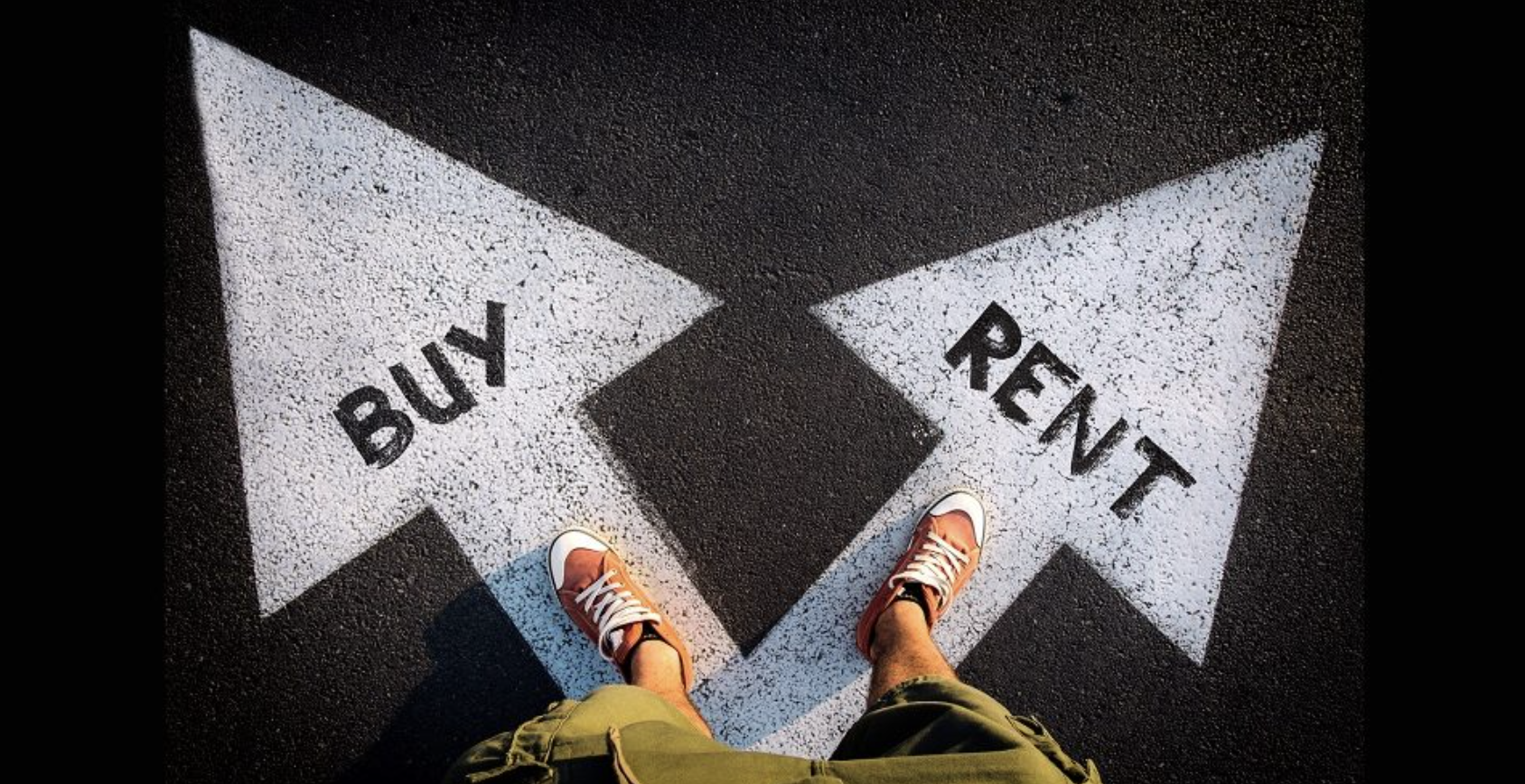I had a chat with a friend over the weekend who shared with me how owning a property was for him, not an option. Not because he could not afford one, but because he felt that owning Real Estate would impact his life in not so positive ways. One thought was that by owning a property he would be tied to an area and the other (main) reason was that financially owning property made little sense. He shared that by owning a condo he would have to pay a mortgage, taxes, insurance, condo fees and utilities. He concluded that it would be financially better and much easier to remain a renter.
We bantered a bit about the pros and cons of home ownership, and I felt it was not my place to contradict his beliefs. In the end we are friends, and his opinion is, well, his opinion.
Afterward, I thought about what my friend had shared and decided to look at the different financial models of owning and renting.
He had mentioned the cost of renting vs. owning a condo in Toronto his hometown. I did a quick check and a 2-bedroom condo in Toronto on Beecroft Ave. was recently rented for $3,200/mth with the tenant paying the utilities. A similar size unit in the same building recently sold for $670,000. With a Buyer placing a downpayment of 20% ($134,000) their payment for mortgage, taxes and maintenance fees would total $3,956. Understanding that both the tenant or owner would be paying for utilities and insurance the monthly difference between ownership and renting amounts to $756/month. Over a 5-year term this difference would add up to $45,000. It looks like my friend’s logic may be “spot on,” however, if we dig into the fact that the homeowner is making an investment as opposed to the renter paying rent that only covers their shelter costs, this would be what the condo owner’s investment looks like based over the past 5 years.
The average condo in this part of Toronto has increased by $129,000 over the past 5 years and the condo owner would have paid down their mortgage by $62,000. (Without paying any extra amounts other than monthly payments.) This means that, in total, the homeowner’s investment would have grown by $191,000!
I didn’t mention this to my friend, however if I shared this example, he may have suggested that market values have been increasing in a way that may not be repeated in the future. Bearing this in mind, let’s assume that the values increase by 5% yearly, a metric most financial planners use for Real Estate growth. This would mean the $670,000 condo would have a market value of about $855,000 meaning the investment going forward would be $247,000.
My friend at this point may comment, “If the renter invested that money in the stock market, I am certain he would be better off.” I checked and in the past 5 years the Dow Jones market has increased by 62% meaning that the $137,000 used for the downpayment, invested in the market would be worth $222,000. The issue with this strategy is you need to deduct the rent the tenant would have paid over 5 years, ($192,000) and there would be capital gains taxes payable. Without factoring in the tax implications, the net return is $30,000.
In my 4 decades of selling homes, I have seen more wealth created by owning real estate than any other method. It currently is one of the only tax-free investments available in Canada and long term has proven to be a very solid investment. Plus, you get to take pride in the fact that you own the little piece of dirt you occupy.
My final comment to my friend would look something like this – “Think of this Ed, over 5 years as a tenant you will have paid off $62,000 of your landlord’s mortgage. This alone would drive me to become a homeowner.” If you are interested in making a move, either as a homeowner or an investor I can be reached at lindsay@buyselllove.ca or 905-743-5555.
Connect with us on Facebook, Instagram, LinkedIn and YouTube.
